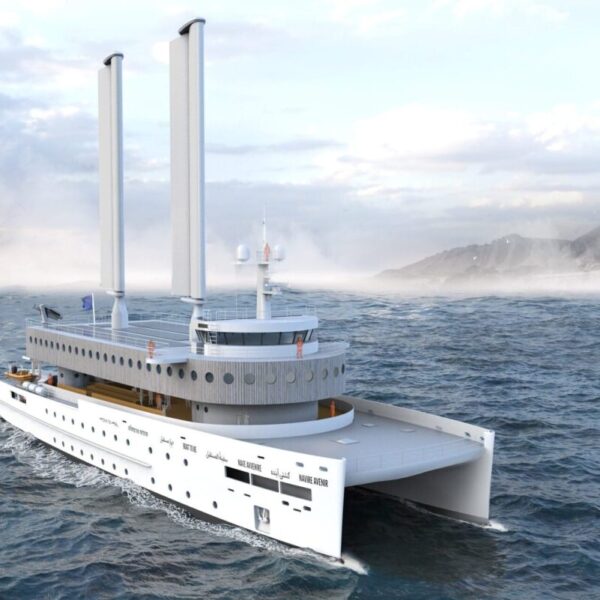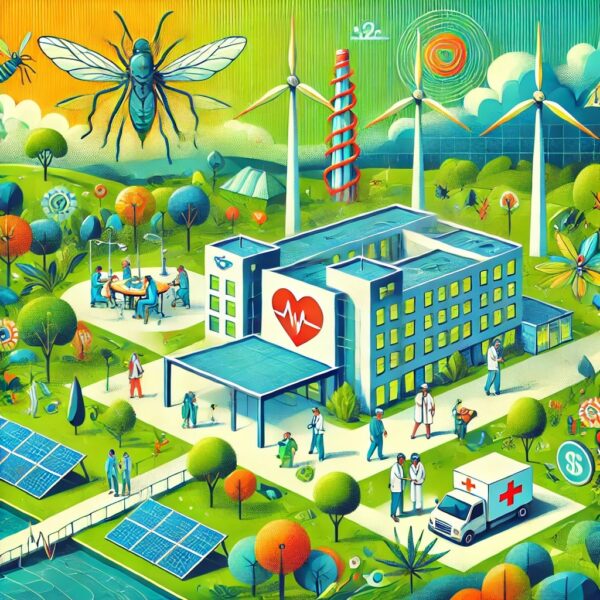In the face of rising climate risks, hospitals in Marseille are rethinking their role. Environmental health, inequalities in access to care, distressed migrants, international partnerships… The Public Assistance Hospitals of Marseille outlines the contours of a medical service rooted in its time and territory, between health emergency and human hospitality.
This article is a summary of 5 interviews between scientists published in 22-med in January 2025. A dialogue between Bernard Mossé, scientific director of Neede Méditerranée, François Crémieux, general director of the Public Assistance Hospitals of Marseille (APHM), and Émilie Garrido-Pradalié, project manager at the APHM. These interviews can be found HERE in the 11 languages used on the site.
In Marseille, as elsewhere, climate disruption is a reality and has a real impact on hospital services. For François Crémieux, general director of the APHM, the ecological crisis acts in two ways: “an indirect impact on living conditions – mobility, housing, demographics – and a direct impact on health, with the emergence of new or relocated diseases.” The example of mosquitoes carrying tropical viruses now present in the PACA region has become classic. Less visible but equally concerning: the explosion of respiratory and allergic pathologies, particularly observed at the Nord hospital.
Health and environment: a widespread alert
“There has been an adaptation,” concedes Émilie Garrido-Pradalié, referring to post-heatwave training and increased attention to environmental health. But this attention remains unevenly shared. The South, historically more exposed to heat, has lessons to pass on to the North, which has been too long protected by its wealth and technologies, according to François Crémieux. “We have a lot to learn from Southern countries in their relationship with nature and environmental rigor.”
Another fundamental transformation: the expansion of the very notion of health. “It is both a victory and a risk,” summarizes the director of the APHM. Victory of a holistic vision, integrating physical, mental, and social well-being; but risk of dilution, particularly in psychiatry, where the spectrum extends from daily discomfort to serious pathologies like schizophrenia. An extension that forces a re-examination of the very mission of the hospital.
This shift has effects on the distribution of responsibilities: “Putting everything on the health sector risks demobilizing other public policies, like Education,” warns François Crémieux. Mental and/or environmental health requires stepping outside the walls: it is impossible to prevent diseases related to air or water without addressing social and urban causes. A logic that pushes the APHM to connect more with local stakeholders.
Fighting against inequalities, in action
In Marseille, this logic takes a concrete form: going where there is nothing left. “When there is no healthcare offer, the public service must go there,” asserts François Crémieux. Thus, health centers were born in the northern neighborhoods. Not to replace existing structures, but to fill gaps, in connection with the associative world, maternal and child protection services, or city medicine.
This conception requires the APHM to adopt a proactive stance: to assert as a priority the reduction of health inequalities, even though this mission is not explicitly stated in its statutes. It also means embracing a form of hospitality, even in budgetary choices. Because public medicine is not under the pressure of profitability logics: “I respond to healthcare professionals, not to investors,” specifies François Crémieux, pointing to the growing segmentation between the public and private sectors.
A hospitality extended beyond borders
This culture of welcome also permeates the international projects of the APHM. While environmental health remains poorly structured in cooperations, initiatives exist on violence against women (Dakar), or surgery (Vietnam, Dominican Republic). In the long term, “there is much to learn,” particularly about resilient hospital construction in the context of climate crisis.
But it is in Marseille that this hospitality takes on its full strength. In connection with Doctors of the World or the House of Women, hospital teams take care of migrants, unaccompanied minors, victims of violence… The MARSS program (street psychiatry) or care for migrant women at the Maternity of Conception are examples of mixed systems, at the intersection of care, social work, and law.
A ship to embody the idea of hospitality
One of the most symbolic projects carried by the APHM is the Navire-Avenir, a future hospital ship for sea rescue. “It is primarily a question of soul,” insists François Crémieux. A way to remind that humanity begins at the ship's deck, at the moment of the welcoming gesture. It is not just about saving, but about caring, addressing migratory journeys in their entirety – physical, psychological, social.
The project, still seeking funding, brings together artists, caregivers, engineers, and associations. A project at the crossroads of values: those of public medicine, the Mediterranean, and a certain idea of humanity. “What brings us together is a faith in acts of hospitality,” concludes François Crémieux. In these troubled times, keeping this faith alive could well be the most vital of missions.
Interviews to be found in the section a fragile world : Public health and environment : The hospitals of Marseille facing the ecological crisis #1- #2 - #3 - #4 - #5
Biographies
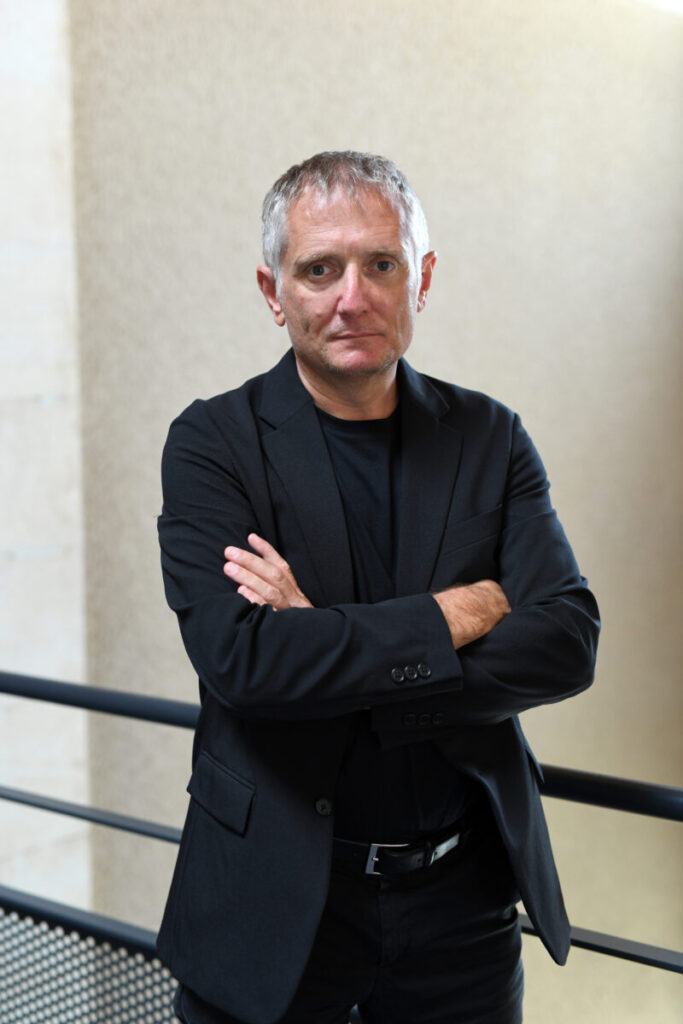
François Crémieux is a senior health official whose career is unique and multifaceted. A graduate in economics from the universities of Paris Dauphine and Lancaster (UK) and in public health from the Paris Diderot medical school, he has been leading the Public Assistance Hospitals of Marseille, the APHM, since June 2021. He has had a long career as a hospital director, which has taken him from the Clermont hospital center in Oise to the hospital of Kosovska Mitrovica in Kosovo, passing through advisory roles with Marisol Touraine, Minister of Social Affairs and Health, and as deputy to the General Directorate of APHP under Martin Hirsch. His commitment is reflected in various actions: volunteering in Bosnia in the 1990s, during the war; a long-time member of the editorial board of the journal Esprit; an advocate for a frontline hospital to reduce social inequalities in access to care.
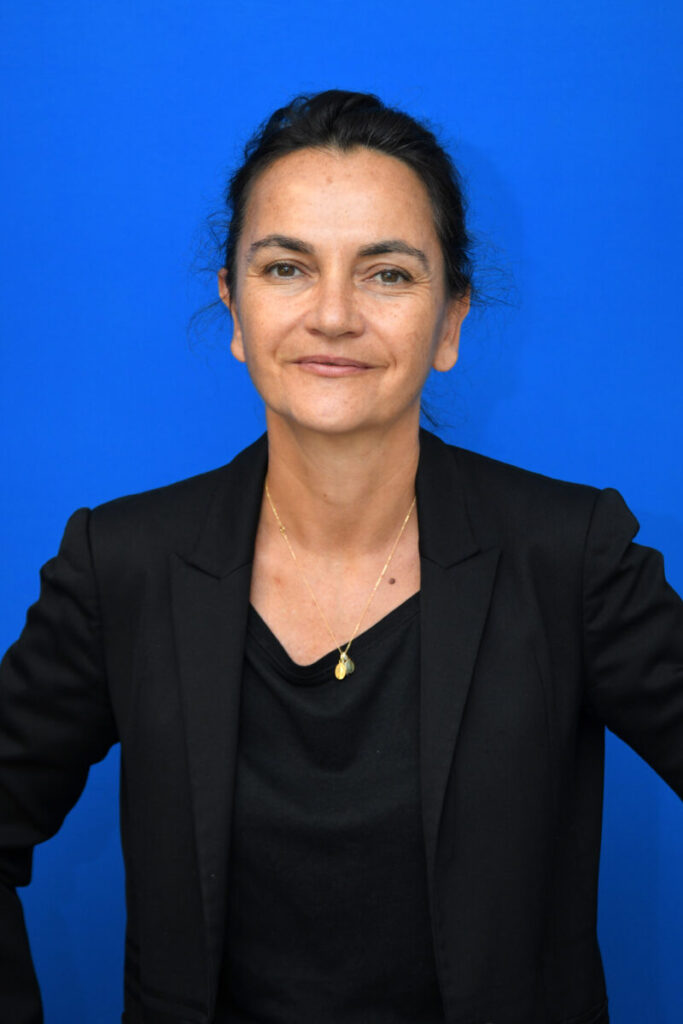
Emilie Garrido-Pradalié is a hospital director in charge of innovation at the APHM. A graduate in theoretical and applied economics from the University of Montpellier and in computer science and information systems from the School of Mines of Alès, she began her career in the public service within the Montpellier Metropolis led by Georges Frêche. She joined the CHU of Montpellier in 2008 to lead change management activities with human, medical, and non-medical resources, then the APHM to lead research management from June 2018.
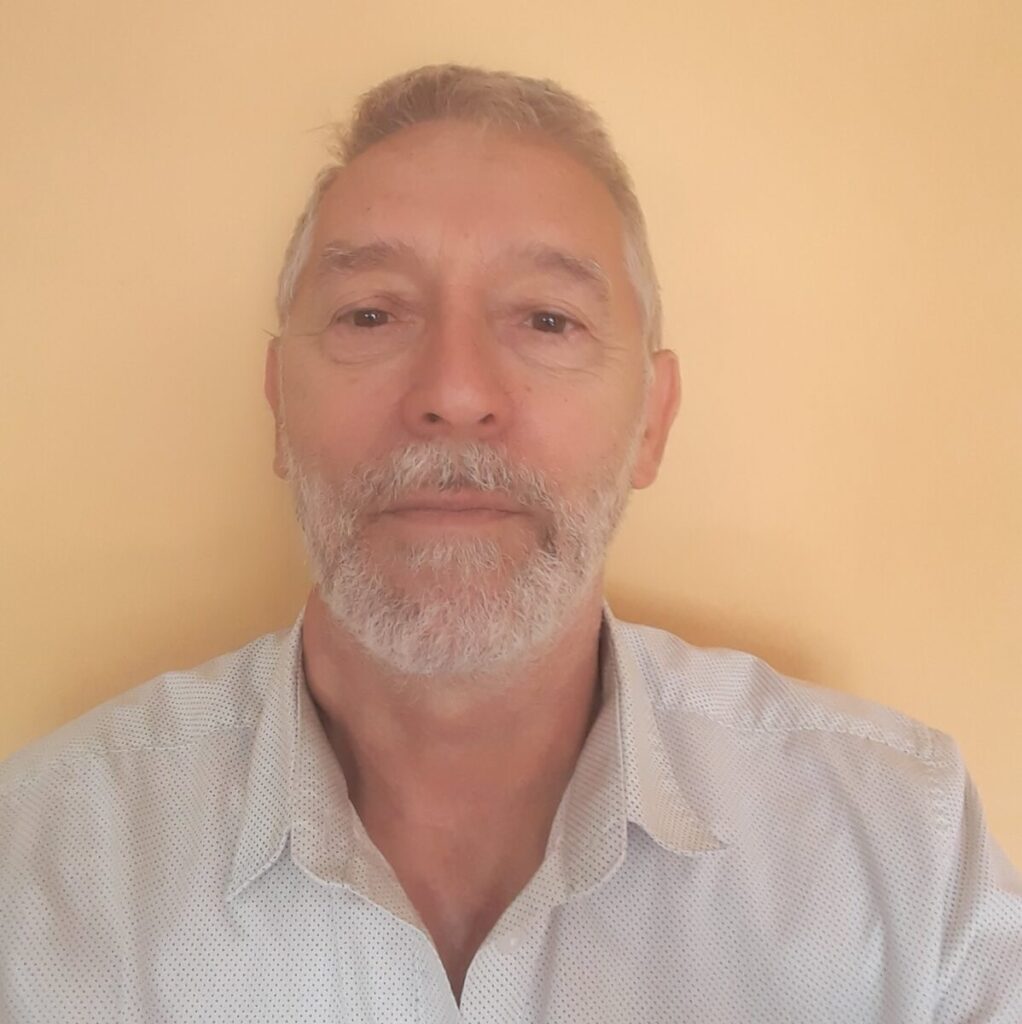
Bernard Mossé is a historian, responsible for Research, Education, Training at the NEEDE Méditerranée association. A member of the Scientific Council of the Camp des Milles Foundation – Memory and Education, for which he has been the scientific leader and coordinator of the UNESCO Chair “Education for Citizenship, Human Sciences, and Convergence of Memories” (Aix-Marseille University / Camp des Milles).
Cover photo: The Navire-Avenir, future hospital ship for sea rescue ©VPLP
